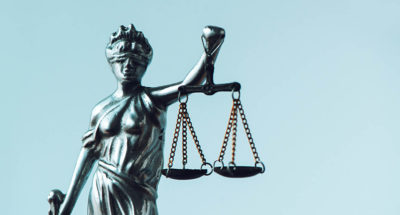Evidence That It Works
Scientists are actively exploring evidence-based recommendations for reducing racial bias in educational settings. Research in social psychology suggests that nurturing non-threatening environments for professional development where participants do not feel shamed is key. The goal is to increase participants’ internal motivation to reduce bias while also lessening external pressure, and this self-paced activity provides an opportunity for personal exploration of one’s possible biases.
Why Does It Matter?
Multiple studies show discipline disparities and lower academic outcomes and behavior evaluations for students of color when compared with white students. Despite educators’ best intentions, they can’t always be aware of their implicit biases, especially when an intense work day isn’t necessarily conducive to pausing and considering one’s daily thoughts and behaviors.
In light of this demanding daily pace, it’s important for teachers to engage in reflective processes that can potentially unearth biases and help them to shift away from some of their default thoughts and stereotypes. Teachers’ growing awareness of their biases and/or privileges can affect the quality of education their students receive—and is a crucial part of building a just and equitable society.




Comments